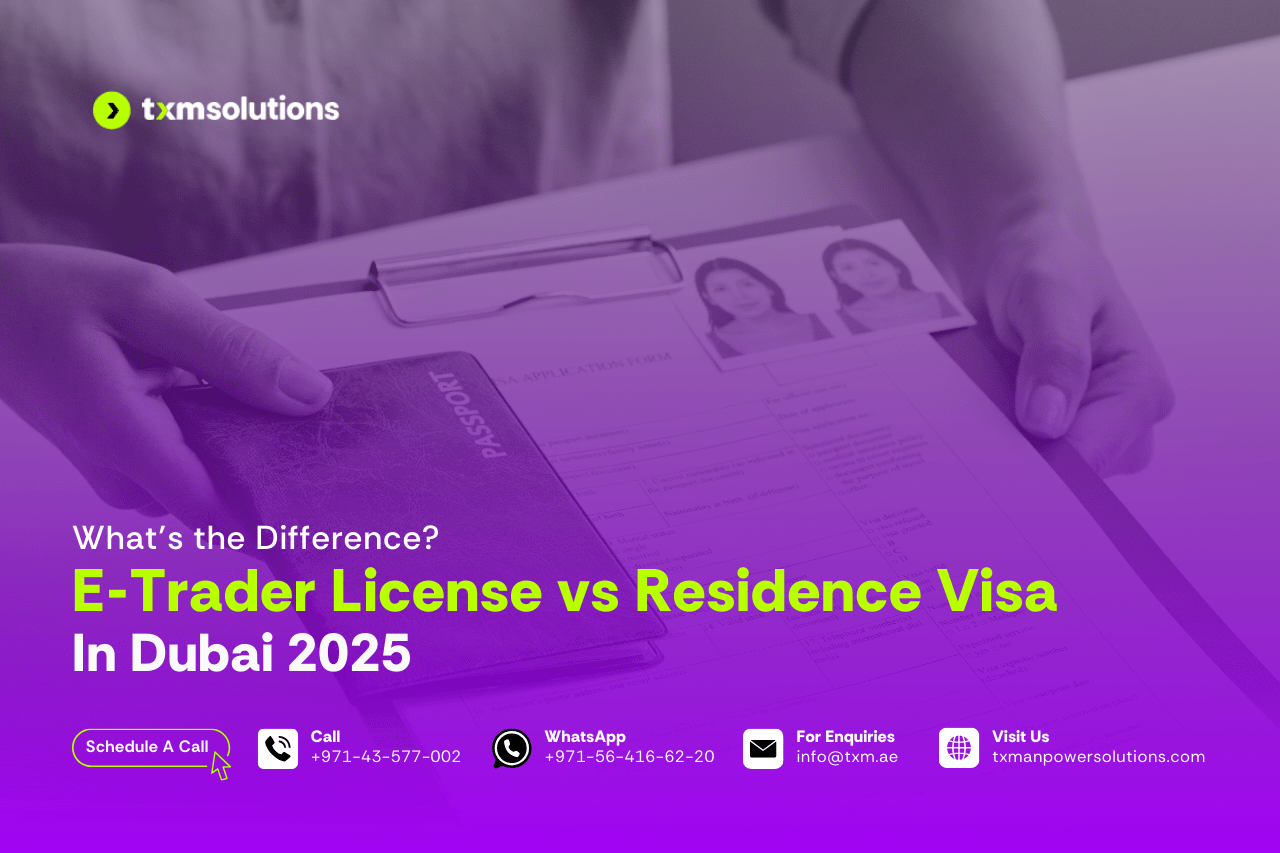The New Emiratisation Rule for 2024 is a crucial initiative aimed at increasing Emirati participation in the UAE’s private sector. Under this rule, private companies with 20 to 49 employees must hire at least one Emirati citizen by January 1, 2024, with an additional requirement to hire a second Emirati by 2025.
This policy sets specific targets for Emiratisation, ensuring that Emiratis make up 6% of the workforce by 2024, 8% by 2025, and 10% by 2026. These gradual targets are aimed at achieving a sustainable and inclusive workforce that aligns with national objectives for economic development.
Table of Contents
ToggleObjectives and Scope
The New Emiratization Rule is an extension of the UAE’s broader initiative that began in 2022, which initially targeted companies with 50 or more employees. The updated rule now applies to smaller companies, with 20 to 49 employees, ensuring that Emiratis are well-represented across diverse economic sectors.
The government’s objective is to reduce reliance on expatriate labor and promote a sustainable economic model that integrates UAE nationals into critical private-sector roles. By expanding the scope to smaller firms, the rule ensures wider compliance and accelerates the pace of Emirati inclusion in private companies.
Key Sectors Affected
The New Emiratisation Rule targets 14 strategic economic sectors, emphasizing the importance of Emirati talent in key industries. These include:
- Communications and Information Technology
- Financial Services and Health Insurance
- Real Estate
- Education and Healthcare
- Manufacturing and Construction
- Transportation and Warehousing
- Hospitality, Retail, and Wholesale Trade
- Arts and Entertainment
- Social Work and Technical Services
By focusing on these sectors, the rule aims to ensure that Emiratis play a vital role in industries that are critical to the UAE’s long-term development and diversification.
Employment Targets and Compliance Requirements
The new rule sets out clear employment targets for companies. By 2024, businesses are required to achieve a 6% employment rate of Emiratis, rising to 8% in 2025 and eventually reaching 10% by 2026. Companies must ensure a 1% increase in Emirati hires every six months to stay on track with these targets.
For larger companies with more than 50 employees, the rule mandates a 2% Emiratisation rate for skilled jobs. Failure to meet these targets will result in penalties starting at AED 96,000 for each unfilled Emirati position. These penalties are set to increase in the following years, with stricter financial consequences for non-compliance.
Compliance Levels and Categories
The New Emiratisation Rule establishes three compliance levels to help categorize companies based on their adherence to the rule:
- Level 1: Companies fully compliant with the Emiratisation rule and all employment legislation.
- Level 2: Companies that have made substantial efforts to meet the Emiratisation targets and are in partial compliance.
- Level 3: Companies that have consistently failed to comply with the Emiratisation requirements and Federal Labor Law over two financial years.
Level 3 companies face the highest penalties, as well as increased scrutiny from regulatory authorities, making compliance essential for avoiding financial and operational disruptions.
Timeline and Deadlines
The implementation timeline for the New Emiratisation Rule is structured as follows:
- From January 1, 2024: Companies with 20 to 49 employees must hire at least one Emirati citizen.
- From January 1, 2025: These companies must hire a second Emirati citizen to remain compliant.
Failure to meet these hiring requirements will result in fines that range from AED 96,000 to AED 500,000, depending on the length and severity of non-compliance. The timeline is designed to provide businesses with ample time to prepare and implement the necessary measures to meet the hiring quotas.
Benefits and Challenges of the New Emiratisation Rule
The New Emiratisation Rule offers several benefits:
- Boosting the Emirati Workforce: The rule promotes the inclusion of Emiratis in the private sector, contributing to economic sustainability and reducing the dependency on expatriate labor.
- Government Support: The government provides financial aid for Emirati students and offers training programs that equip Emiratis with the necessary skills to succeed in the private sector.
- Increased Opportunities: By ensuring a higher employment rate for Emiratis, the rule opens doors for UAE nationals to take on leadership and skilled roles within key industries.
However, the rule also presents challenges, particularly for private sector companies and Emiratis entering these roles:
- Skill Gaps: Many companies face difficulties finding Emirati candidates with the required skills, especially in technical or specialized areas.
- Experience Deficits: Emirati candidates may lack the experience required for certain roles, increasing the burden on companies to provide training and development.
- Cultural and Language Barriers: Emiratis entering multicultural workplaces may face challenges in adapting to a diverse work environment where English is often the dominant language.
Long-Term Impact and Strategic Importance
The New Emiratisation Rule is a strategic initiative that aims to reshape the UAE’s labor market by ensuring that Emiratis play a more significant role in the private sector. The long-term goal of achieving a 10% Emirati workforce by 2026 is central to the UAE’s broader economic vision of creating a diversified and sustainable economy.
Beyond the immediate compliance requirements, businesses that adhere to the New Emiratisation Rule stand to benefit from a more diverse and resilient workforce. In addition, companies that prioritize Emiratisation can take advantage of government initiatives designed to support this transition, including subsidies, training programs, and recruitment platforms.
Supporting Compliance and Ensuring Success
Navigating the complexities of the New Emiratisation Rule can be challenging, especially for businesses new to these requirements. Partnering with a compliance expert ensures that companies meet their regulatory obligations while minimizing disruptions.
Our Services Include:
- Expert Guidance: We provide comprehensive guidance on Emiratisation regulations, helping businesses navigate the rule’s requirements.
- Customized Solutions: Our tailored strategies ensure seamless integration of Emirati employees, aligning with both compliance needs and business goals.
- Advanced Online Tools: We offer access to an intuitive online platform that simplifies compliance tracking and provides insights into Emiratisation targets.
- Ongoing Support: Our team remains available to provide continuous assistance, helping businesses maintain compliance and avoid penalties.
Conclusion
The New Emiratisation Rule marks a significant shift in the UAE’s approach to workforce development, emphasizing the inclusion of Emirati nationals in the private sector. While the rule presents challenges, particularly around talent sourcing and training, the long-term benefits of compliance are substantial.
Companies that successfully integrate Emirati talent into their workforce will not only avoid penalties but also contribute to the national goal of creating a more inclusive and diversified economy. By adhering to the rule and leveraging government support, businesses can achieve lasting success in the evolving UAE labor market.




